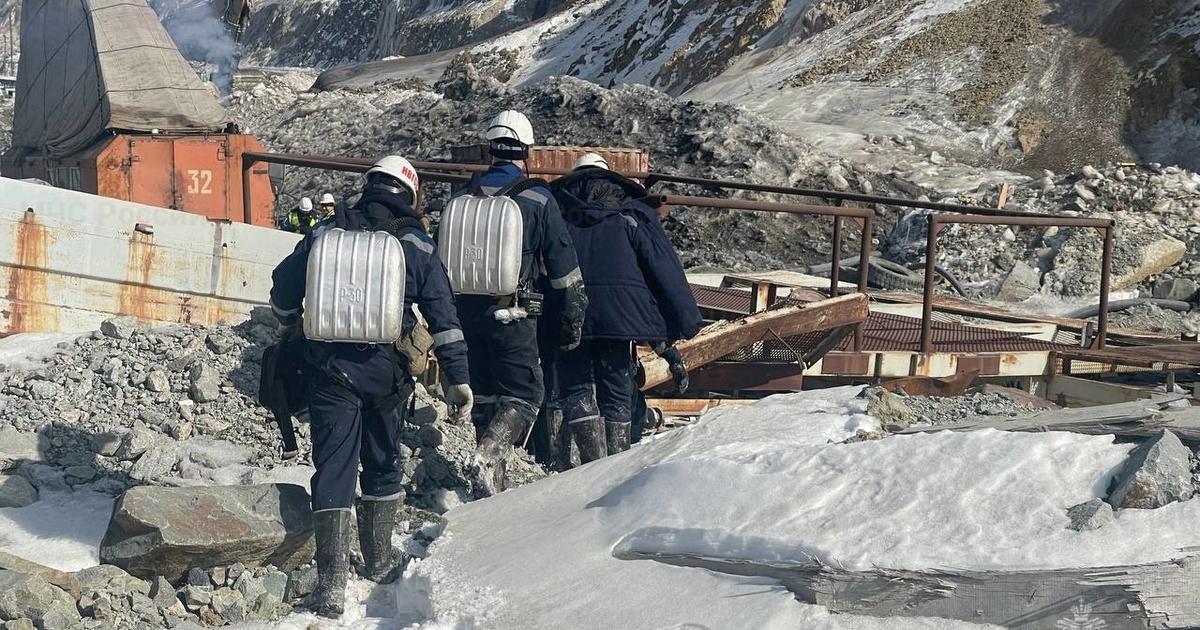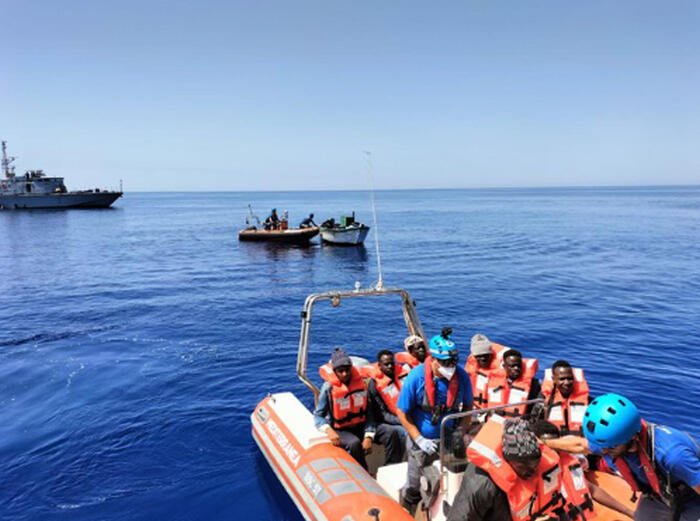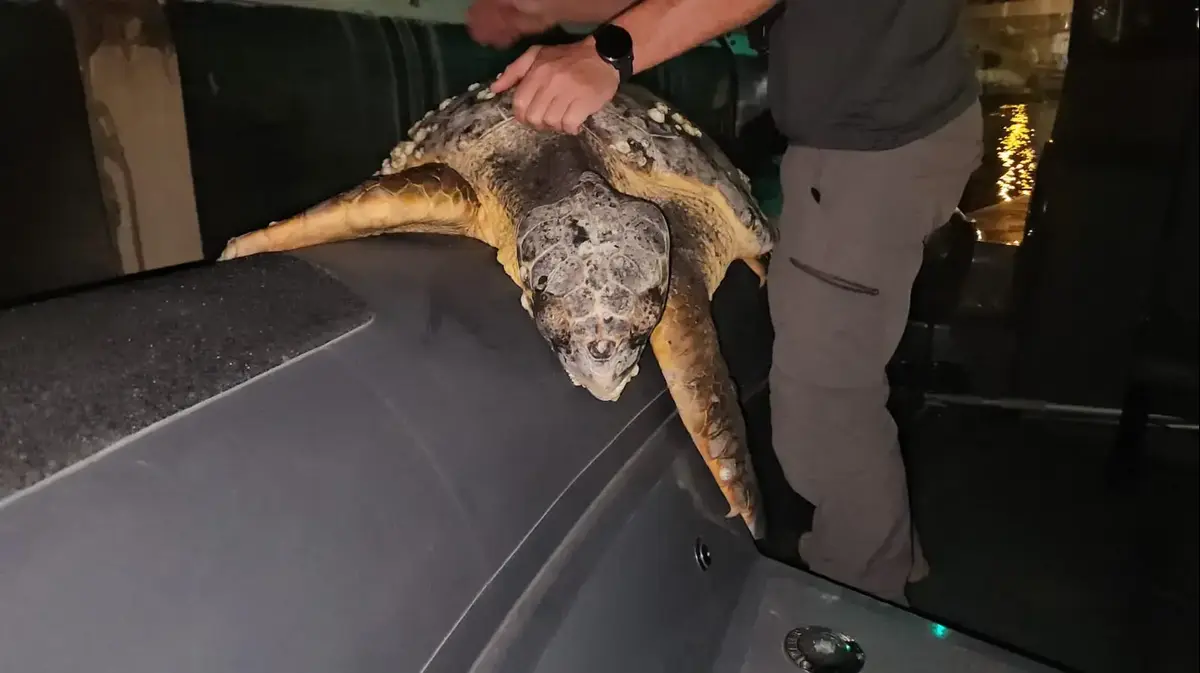Read the video transcript here arrow up arrow down
In the Croatian city of Pula, scientists are trying to save the largest mussel in the Mediterranean from mass extinction.
The "noble pen shell" or "Pinna Nobilis" is up to 1.20 meters long, it is actually in the seabed.
An employee of the Pula aquarium dives down to some specimens.
There are also dead mussels on the bottom.
For several years, pen mussels have been dying en masse - why is not exactly known.
Luka Katusic, Croatian Institute for Environmental Protection
"The first signs of a mass extinction
of Pinna Nobilis came in 2016 in Spain. Since then it has spread all over the Mediterranean. In our country it was first noticed in May 2019. In spring 2020 it was the entire Croatian Adriatic coast The mortality is extremely high. In the affected areas it can be 100 percent, meaning the extinction of Pinna Nobilis. "
The collection and water pollution have already affected the species found in the coastal waters of the entire Mediterranean.
What causes the mass extinction is not fully understood.
Luka Katusic, Croatian Institute for Environmental Protection
"We know that the parasite Haplosporidium pinnae, which is believed to be the main cause of death, was found in most dead mussels. A microbial fungus was found in some dead mussels, which is also considered to be the cause of death."
One possible cause for the spread of the parasites could be the water temperatures that have risen due to the climate crisis.
It is known that the parasites become inactive when the water is colder than 13.5 degrees Celsius.
At this temperature, however, the mussels no longer multiply either.
Croatian scientists have now tried to save at least some pen shells from dying.
Zarko Jakovic, Biology Engineer Aquarium Pula
"In order to save the Pinna Nobilis, we brought the mussels that we considered healthy from the Adriatic to our controlled environment. We tried to reproduce them and raise the offspring until they are sexually mature . "
The researchers relocated 300 mussels a year ago.
in the pools of the aquarium they tried to multiply them.
But apparently many mussels were already infected.
Of the 300 copies, only 30 are still alive today.





/cloudfront-eu-central-1.images.arcpublishing.com/prisa/ACVHT3PX6JCUJNS4ST4ZY7FO6I.jpg)









